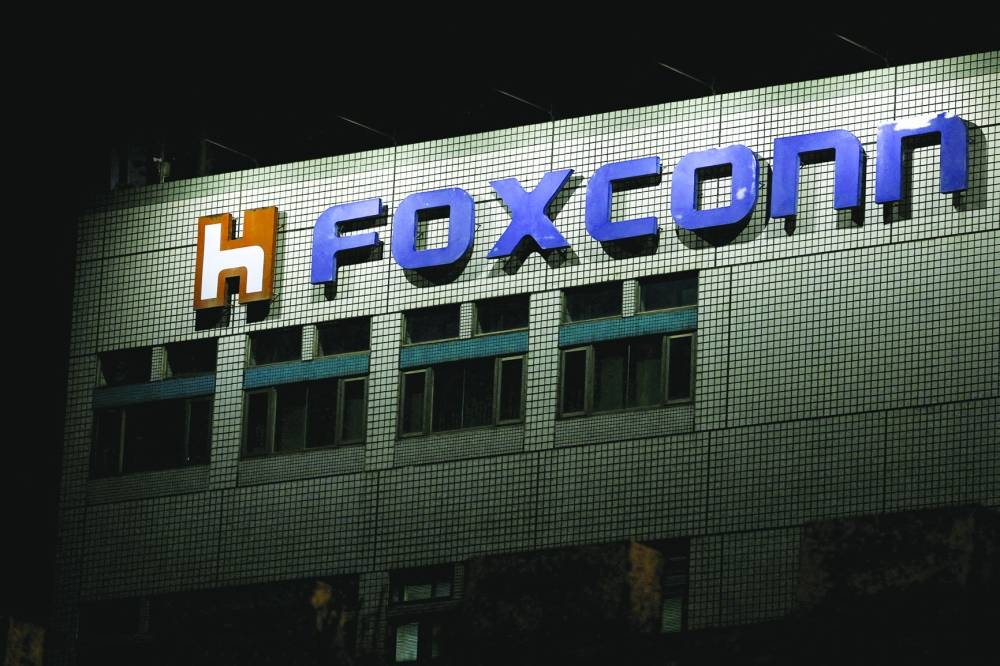iPhone maker Hon Hai Precision Industry Co plans to expand its footprint in India with another NT$50bn ($1.6bn) investment for construction projects.
The announcement, made in an exchange filing in Taiwan late Monday, didn’t give any further details, saying only that the investment was for “operational needs.” A spokesperson for the company declined to say where the new facilities would be or what they would build.
The news comes as Hon Hai, also known as Foxconn, and other Taiwanese electronics manufacturers continue to diversify their businesses outside of China as tensions rise between Washington and Beijing.
About half of Foxconn’s revenue comes from business with Apple Inc. The company has been making iPhones and other products in India for several years, including the latest iPhone 15. In September, a Foxconn representative in India said on LinkedIn that the Taiwanese company plans to double the size of its business in the South Asian country.
India’s Karnataka state government in August announced that Foxconn planned to invest $600mn on two component factories in the southern Indian state. That included a plant that will make mechanical enclosures for iPhones and a semiconductor equipment manufacturing plant it will operate with Applied Materials Inc, the government said at the time.
Those two projects are on top of a $700mn facility Foxconn aims to build on a 300-acre (121 hectares) site close to the airport in Bengaluru, the capital of Karnataka, Bloomberg News previously reported. That plant is likely to assemble iPhones.
It was not immediately clear if the latest investment announcement is to cover those projects or additional ones.
Foxconn already operates nine production campuses and more than 30 factories employing tens of thousands of people in India, where it takes in around $10bn of revenue annually.

The logo of Foxconn is seen outside a building in Taipei. Hon Hai, also known as Foxconn, and other Taiwanese electronics manufacturers continue to diversify their businesses outside of China as tensions rise between Washington and Beijing.
